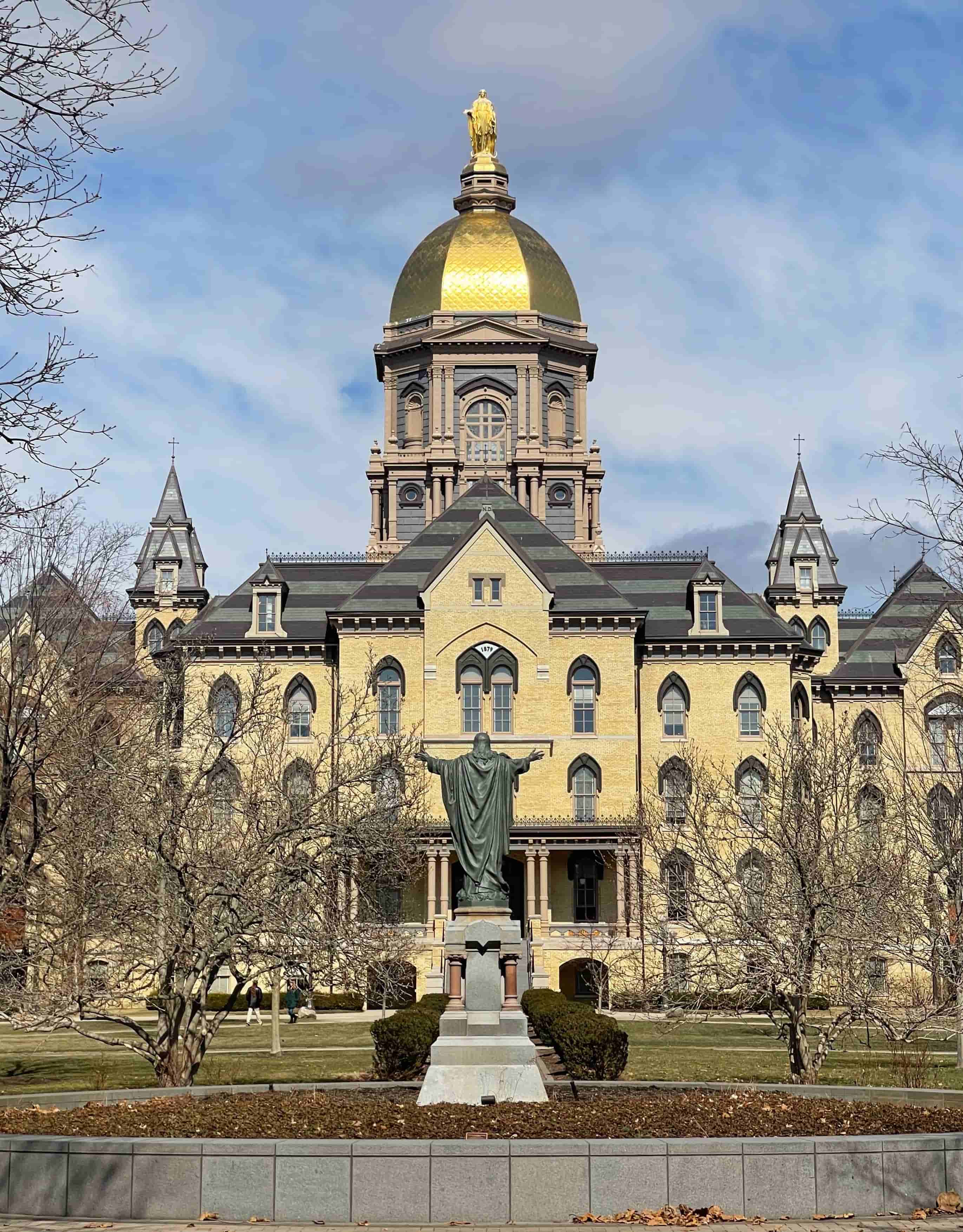
Experience
Currently, I am working as an Application Engineer at Cadence Design Systems.
In the past, I have co-developed an advanced chip design curriculum at Howard University, supported student tapeouts, and coordinated EDA tools with industry partners. At Notre Dame, I served as a Teaching Assistant across multiple engineering courses—from digital logic to systems programming—leading labs, grading, and holding office hours. I also worked on smart water infrastructure research using embedded systems and machine learning, mentored peers through the ACES program at Notre Dame, and supported over 450 high school students as a Pre-College resident counselor. Earlier, I led mobile app development at We2Link and taught robotics and programming to underserved youth in East Los Angeles.
For more details, visit my LinkedIn profile.
Featured Projects
I have worked on a variety of projects, both personal and professional. These are some of my favorites:
Personal Website
This website! I built it using Next.js, TypeScript, and Tailwind CSS.
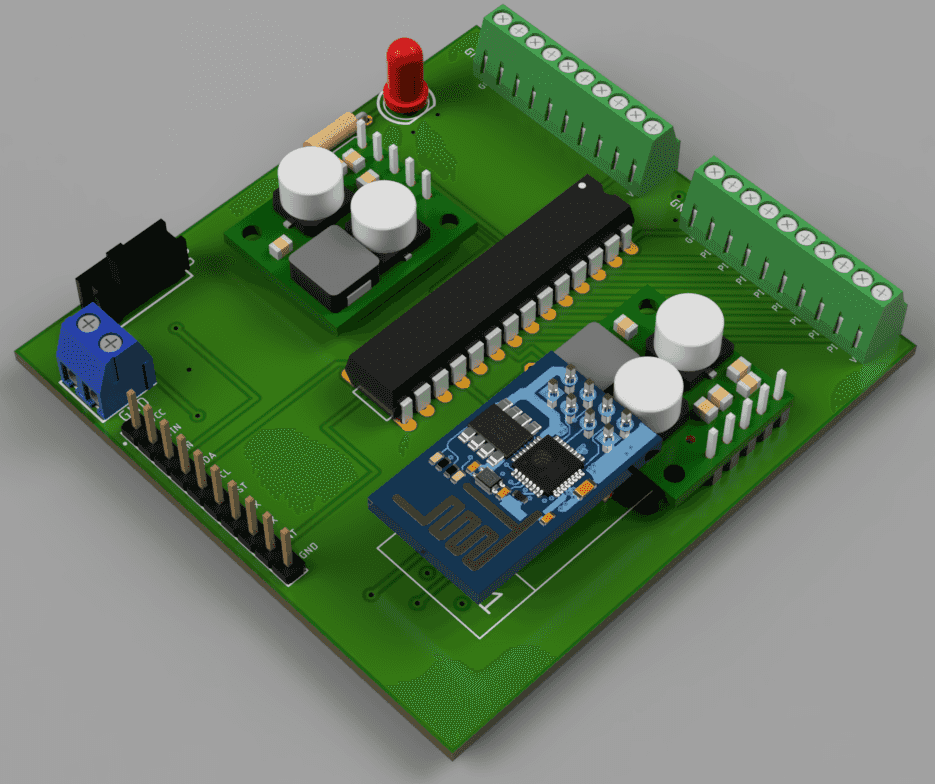
Outdoor Lighting Controller
An ESP8266-based controller for outdoor lighting. I built it using ESPHome and Home Assistant.
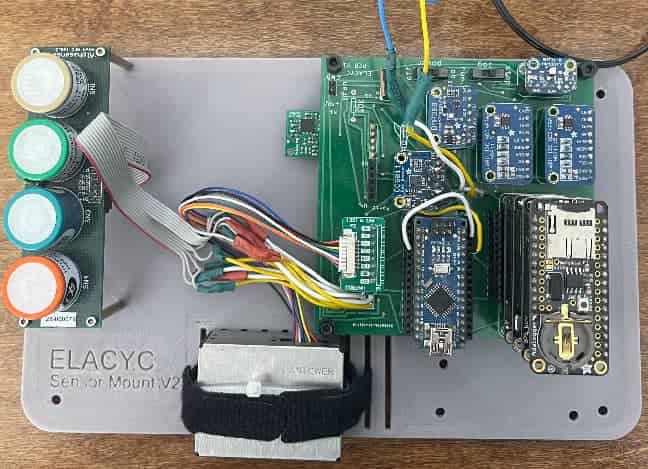
CircuitPython-based Sensor Board
A drone-mounted PCB with air quality sensors based on an Adafruit Feather running CircuitPython.
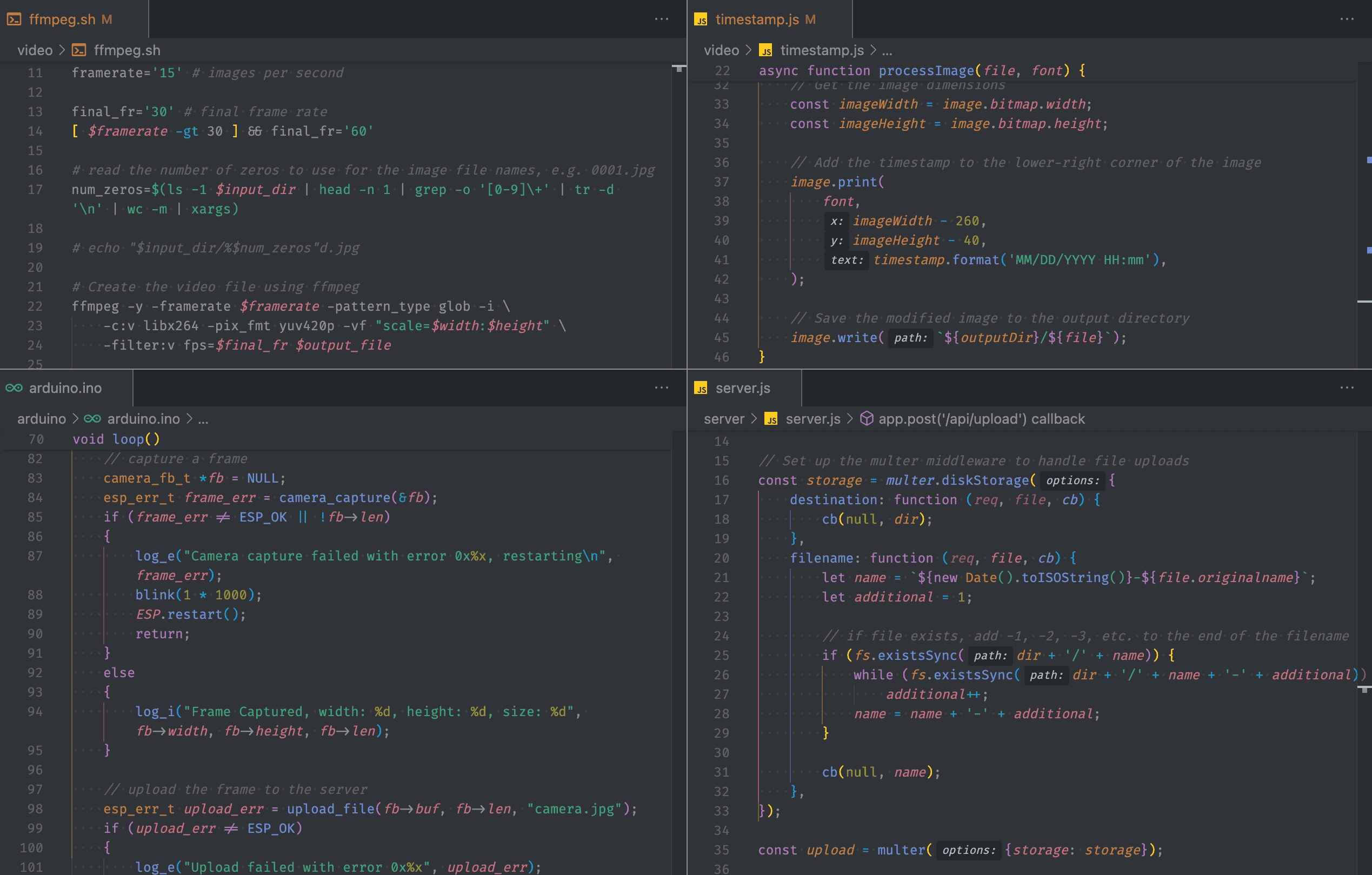
m5stack-timelapse
An ESP32-based M5Stack timelapse camera built using Arduino, NodeJS, and bash scripting.
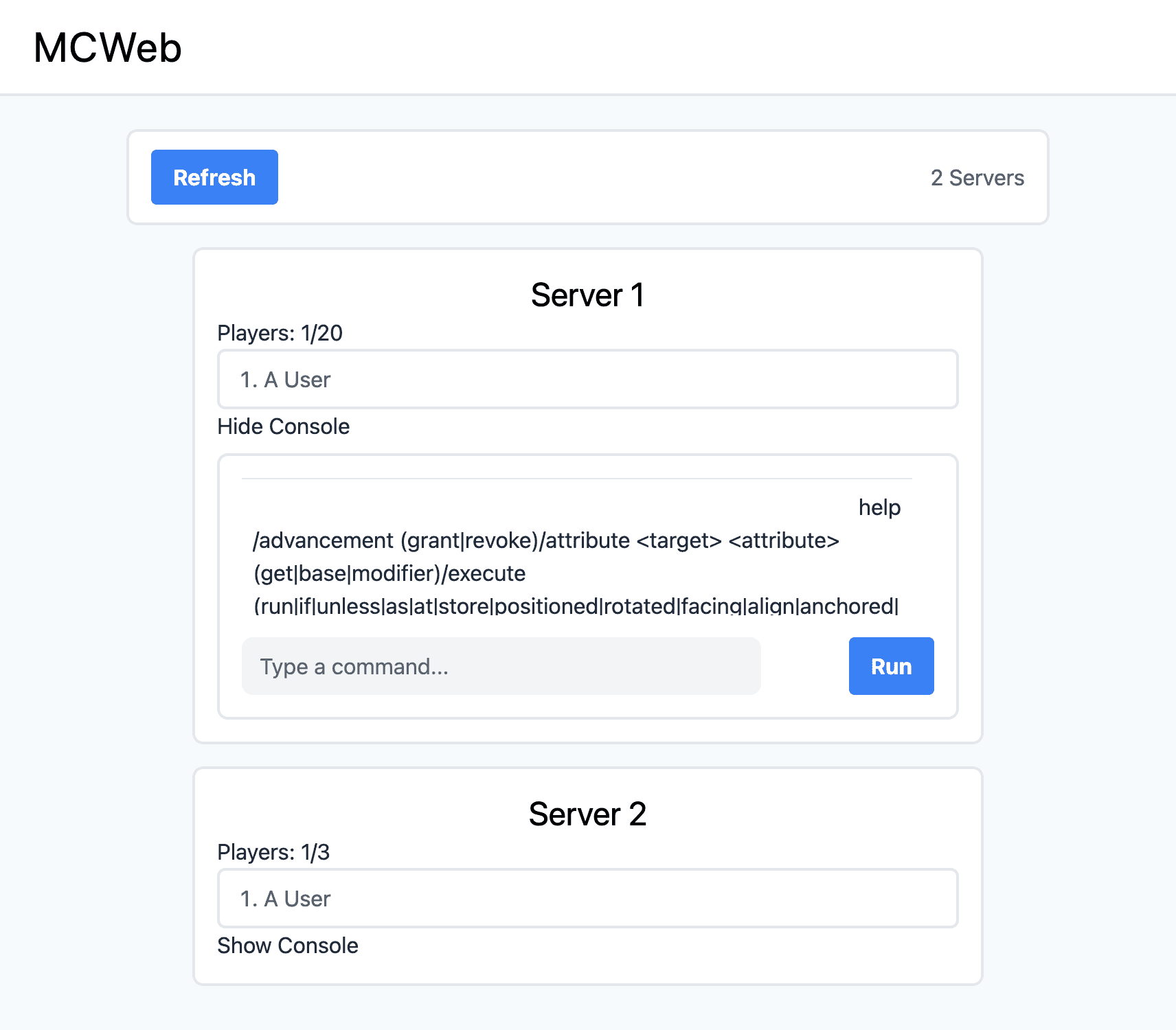
MCWeb
A web-based Minecraft server management tool built using React, NodeJS, and Express.
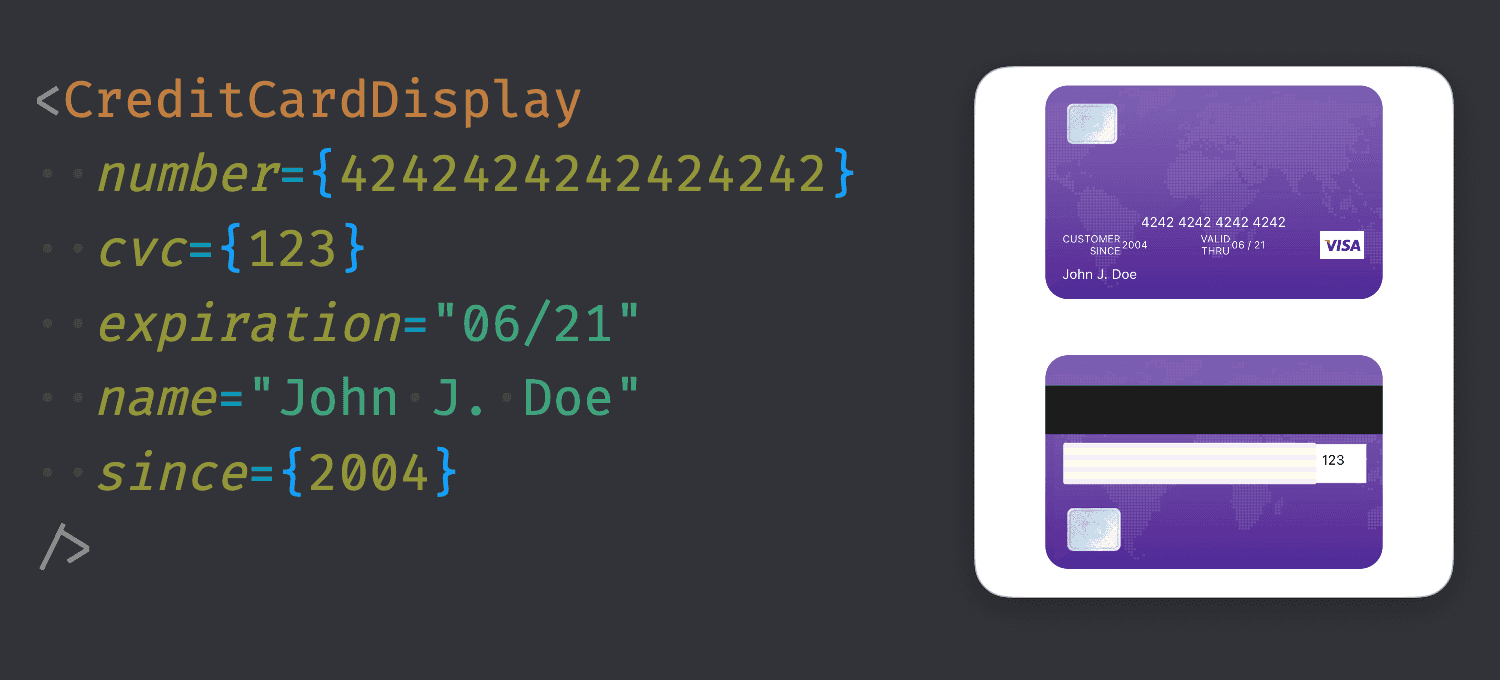
react-native-credit-card-display
An interactive React Native component for displaying credit card information.